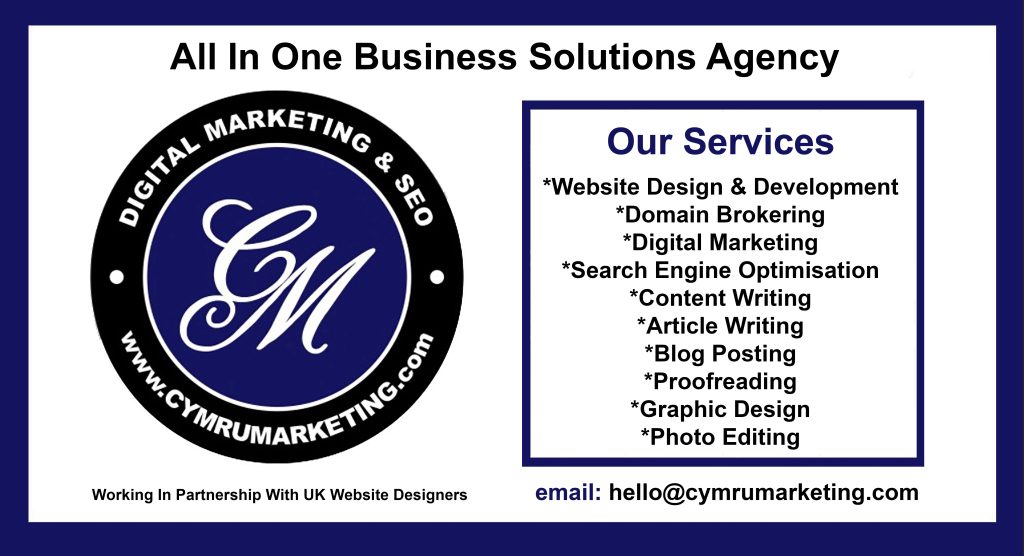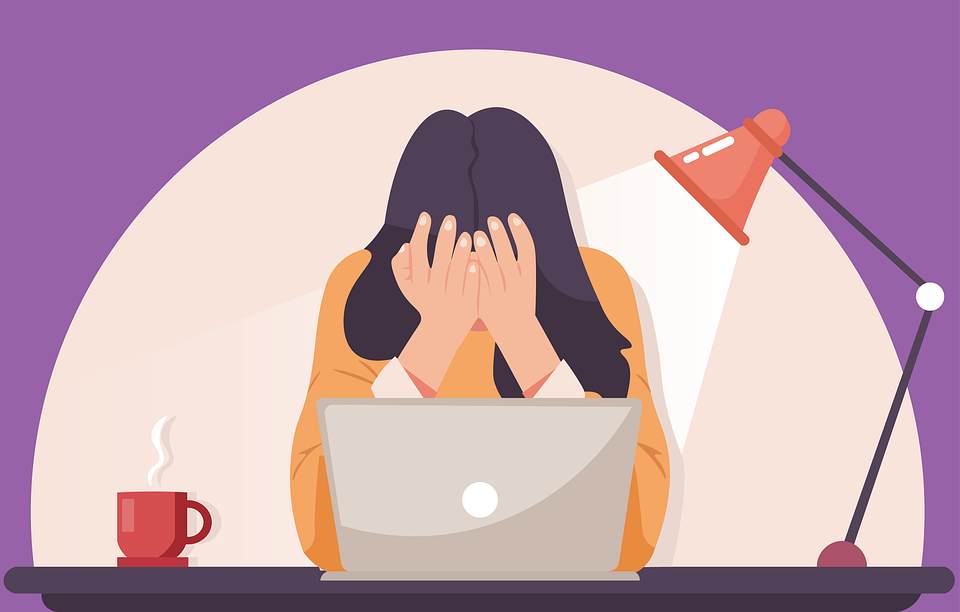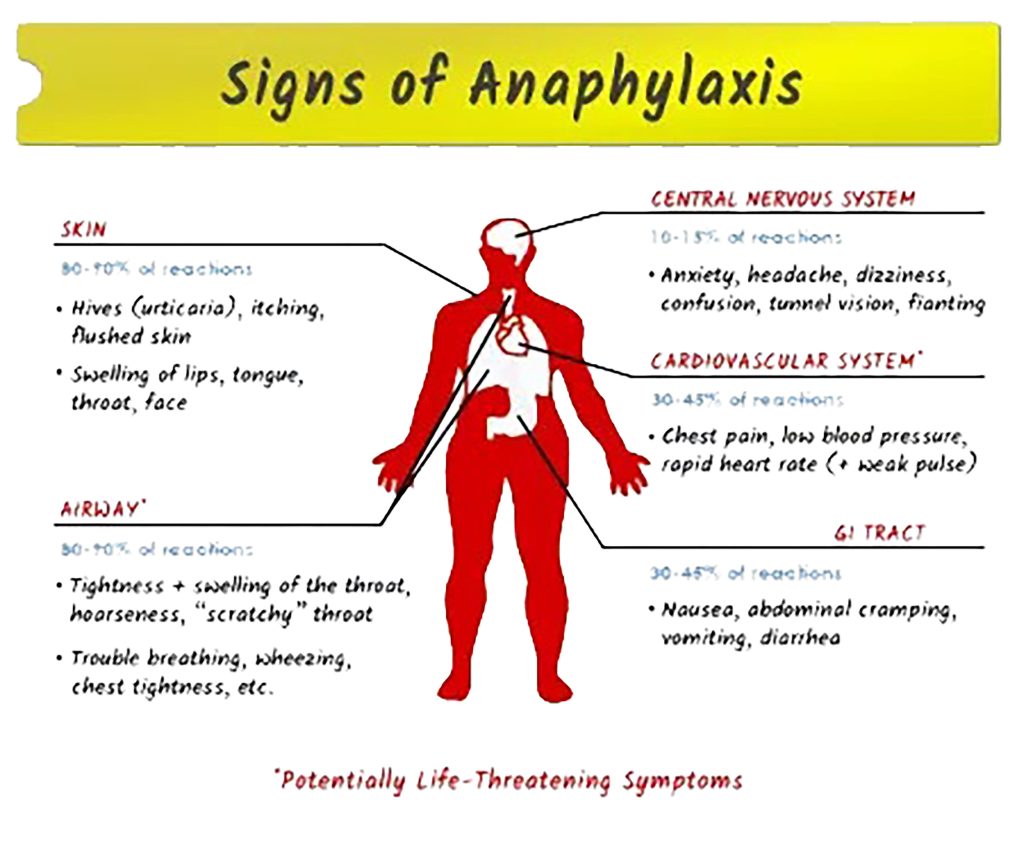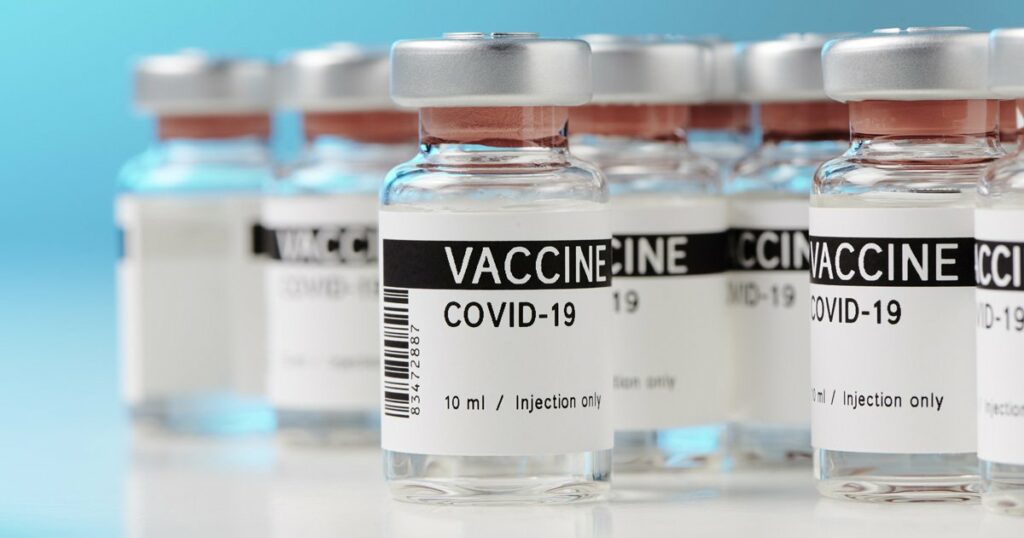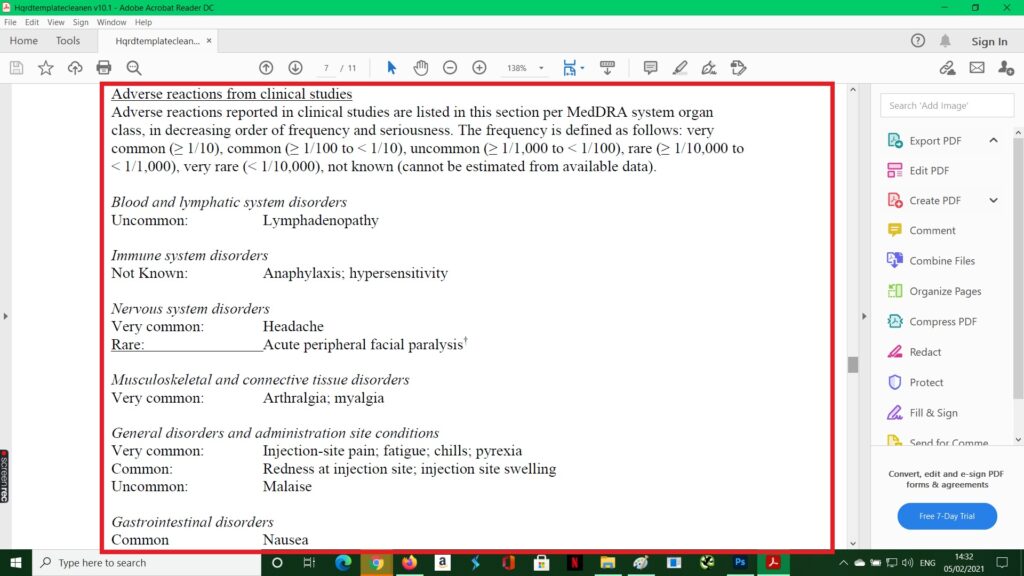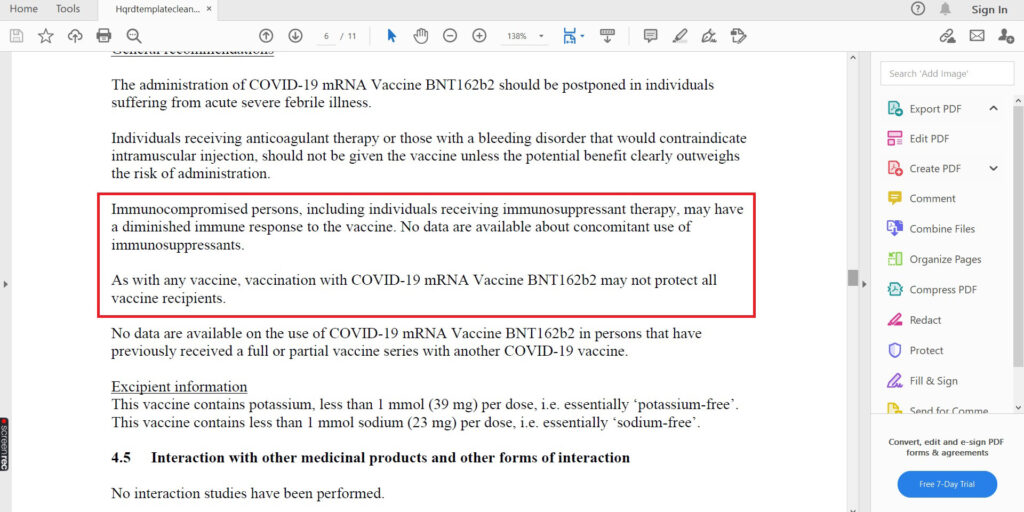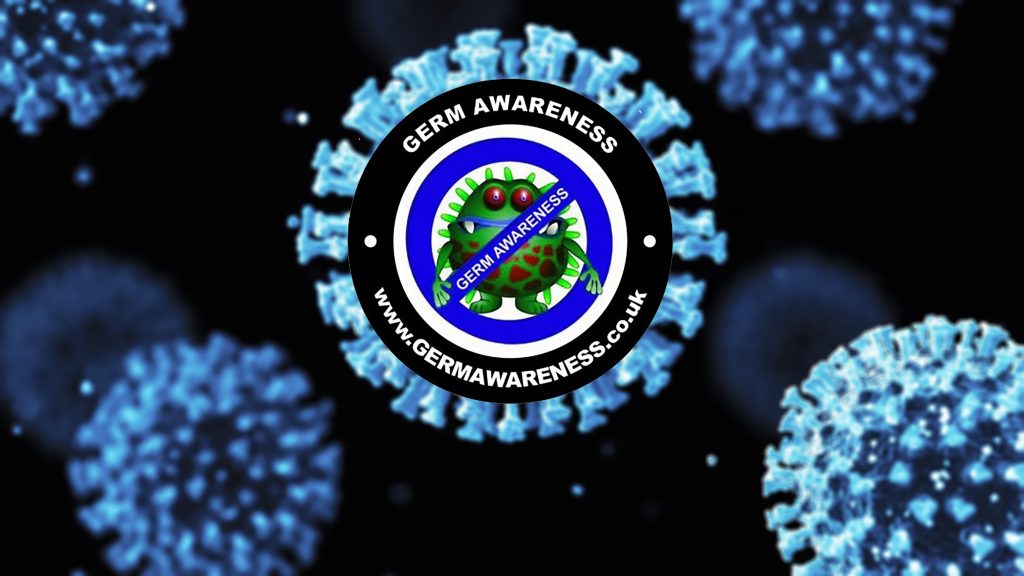
Domain Name: www.GermAwareness.co.uk is for sale!
The Emergence of EG.5 (Eris): Unraveling the Dominant COVID Variant
Introduction
The SARS-CoV-2 virus responsible for COVID-19 has proven itself to be a master of adaptation. Since its initial outbreak in late 2019, the virus has undergone numerous mutations, leading to the emergence of various variants with distinct characteristics. One such variant that has recently captured the attention of scientists and health experts is EG.5 (Eris). Scientists are keeping an eye on the new lineage BA.2.86 because of the 36 mutations that distinguish it from the currently dormant XBB.1.5 variant.
The B.A.2.86 spreads faster and causes more serious illness than previous versions. The Centers for Disease Control & Prevention (CDC) has said to be germ-aware and to take precautionary measures where needed.
The mutations of Sars-Covid-2 infections and hospitalizations have been on the rise in the USA, Europe, and Asia, which has been attributed in recent months to the EG.5 (Eris) subvariant a descendant of the Omricon lineage that first emerged in November 2021, according to Professor Francois Balloux Director of Computational Systems in Biology at the UCL Genetics Institute, Univesity College London.
Additionally, the UK Health Security Agency has said this week that another variant of Pirola has been found in the UK which was previously restricted to Denmark and Israel. It concluded cases were found in patients who had not traveled, meaning it was spread internally within the UK.
The Emergence of EG.5 (Eris)
EG.5 (Eris), named after the Greek goddess of strife and discord. Like other variants, Eris is characterized by a unique set of mutations in its spike protein, the part of the virus that binds to human cells and facilitates infection. These mutations can affect the virus’s transmissibility, severity of illness, and response to existing treatments and vaccines.
What sets Eris apart is its increased transmissibility compared to previous variants. Initial studies suggest that it spreads more easily from person to person, potentially leading to higher infection rates. This rapid transmission has raised concerns among public health officials and experts, as it could strain healthcare systems and lead to a surge in cases.
Implications for Public Health
The dominance of the EG.5 (Eris) variant could have significant implications for public health strategies. With its heightened transmissibility, controlling its spread might require stricter measures than those used for previous variants. Vaccination campaigns will play a crucial role in curbing the variant’s impact. However, the efficacy of existing vaccines against EG.5 (Eris) is still under investigation, and booster shots tailored to target specific mutations might be needed.
The potential for increased severity of illness associated with EG.5 (Eris) is also a concern. If the variant leads to more severe cases of COVID-19, healthcare systems could be overwhelmed with a higher number of hospitalizations and critical cases. This underscores the importance of maintaining vigilance, preparedness, and flexibility in response strategies.
Global Response and Mitigation Efforts
Governments and health organizations worldwide are closely monitoring the EG.5 (Eris) variant and adapting their strategies accordingly. This includes enhancing genomic surveillance to track the variant’s spread, implementing targeted travel restrictions, and emphasizing the importance of adhering to preventive measures such as mask-wearing, hand hygiene, and physical distancing.
Researchers are also working diligently to understand EG.5 (Eris’s) characteristics, such as its transmissibility, severity, and response to treatments. This knowledge is crucial for developing updated vaccines and therapeutics that can effectively combat the variant.
Currently, there is no indication that EG.5 (Eris) is any more dangerous than the last strain according to Yale Medicine whereby Scott Roberts MD a Yale Infectious Disease Specialist has been quoted as saying “I am not aware of data that suggests EG.5 leads to worse cases of COVID-19 compared to prior variants“. However early reports have shown EG.5 has been spreading faster than any other currently circulating strain. https://www.yalemedicine.org/news/covid-eg5-eris-latest-coronavirus-strain
The latest government data confirmed since August 5th, 2023 (5,250) Covid Cases in England and (205) cases in Wales.
The Who advises people with mild symptoms should manage their care at home and take precautionary measures of germ awareness so as not to spread the virus.
Symptoms
- A High Temperature (Shivers – Chills)
- A Continuous Cough
- A Loss or Change To Smell & Taste
- Shortness Of Breathe
- Feeling Tired & Exhausted
- An Aching Body
- A Headache
- A Sore Throat
- A Blocked Runny Nose
- Loss Of Appetite
- Diarrhea
- Vomiting
Germ Awareness: Understanding the Invisible Threats Around Us
In a world that is increasingly interconnected and fast-paced, germ awareness has taken on a new level of importance. The invisible threats posed by germs and pathogens are something we encounter daily, yet often underestimate. From simple colds to more severe infections, maintaining a high level of germ awareness is crucial to our well-being and the health of those around us.
The Microscopic World Around Us
Germs, short for microorganisms, are tiny living beings that exist all around us. They include bacteria, viruses, fungi, and other microscopic organisms. While many of these microorganisms are harmless or even beneficial, some can cause illness and infections. This invisible world is constantly interacting with our lives, and being aware of its presence is the first step towards minimizing the risks associated with germs.
The Importance of Germ Awareness
Germ awareness refers to understanding the potential risks of germs and taking proactive measures to prevent their spread. This awareness goes beyond a basic understanding of hygiene; it involves recognizing the various ways germs can be transmitted and implementing strategies to mitigate those risks. By being aware of germs and their potential impact, individuals can make informed decisions about their daily activities and practices.
Modes of Germ Transmission
Germs can be transmitted through various modes, including:
- Direct Contact: Physical contact with an infected person, their bodily fluids, or contaminated surfaces can transfer germs.
- Airborne Transmission: Microscopic droplets containing germs can be released into the air when an infected person coughs, sneezes, or talks, and can be inhaled by others.
- Fomite Transmission: Germs can survive on surfaces for varying periods, making it possible for individuals to contract them by touching contaminated objects and then touching their face, mouth, or eyes.
- Food and Water: Consuming contaminated food or water can introduce harmful germs into the body, leading to gastrointestinal infections.
- Vector-borne Transmission: Some germs are transmitted through vectors such as insects, like mosquitoes carrying diseases like malaria or Zika virus.
Practicing Germ Awareness
- Regular Hand Hygiene: Washing hands with soap and water for at least 20 seconds, especially after being in public places, using the restroom, or touching surfaces, is one of the most effective ways to prevent germ transmission.
- Respiratory Hygiene: Covering your mouth and nose with a tissue or your elbow when coughing or sneezing can prevent the spread of germs through respiratory droplets.
- Disinfection: Regularly disinfecting frequently touched surfaces like doorknobs, light switches, and smartphones can help reduce the risk of germ transmission.
- Personal Protective Equipment (PPE): In certain situations, wearing masks, gloves, or other protective gear can help minimize the risk of germs spreading, especially during disease outbreaks.
- Vaccination: Getting vaccinated against preventable diseases is a crucial step in reducing the impact of germs on public health.
- Staying Home When Sick: Avoiding public spaces and social interactions when you are sick can prevent the spread of germs to others.
Germ Awareness in the Digital Age
The digital age has both facilitated and complicated germ awareness. On one hand, the rapid dissemination of information allows for more widespread knowledge about germs and how to prevent their spread. On the other hand, misinformation can also spread quickly, leading to confusion and incorrect practices.
Educational Campaigns and Public Health
Public health agencies and organizations play a vital role in promoting germ awareness. Educational campaigns, workshops, and resources aimed at promoting proper hygiene and sanitation practices can have a significant impact on reducing the transmission of diseases.
Educational Campaigns and Public Health Initiatives: Promoting Germ Awareness in Schools and Businesses
Where global travel and interconnectedness are the norms, the importance of germ awareness cannot be overstated. Germs, whether in the form of bacteria, viruses, or other microorganisms, can spread rapidly and cause significant health risks. Educational campaigns and public health initiatives focused on germ awareness are crucial for promoting proper hygiene practices, preventing outbreaks, and maintaining the well-being of individuals in schools and businesses alike.
Germ Awareness in Schools: Nurturing Healthy Habits from a Young Age
Schools are a breeding ground for the exchange of germs due to the close proximity of students and the sharing of common spaces. Educating children about germ awareness not only safeguards their health but also empowers them to make informed decisions about hygiene practices. Here’s how educational campaigns can be effective in schools:
- Interactive Workshops: Engaging workshops that teach students about germs, how they spread, and the importance of proper hygiene can leave a lasting impact on young minds.
- Visual Aids and Posters: Placing informative posters in restrooms, classrooms, and common areas can serve as constant reminders for students to wash their hands, cover their mouths when sneezing, and avoid sharing personal items.
- Role-Playing Activities: Through role-playing scenarios, students can learn how germs can spread in various situations and practice appropriate responses.
- Peer Educators: Older students can be trained as peer educators to share their knowledge about germ awareness with their younger peers.
- Hygiene Competitions: Organizing fun competitions related to hygiene practices can make learning about germs enjoyable and memorable.
- Parent Involvement: Including parents in educational campaigns extends the message beyond school hours, encouraging consistent practices at home.
Germ Awareness in Businesses: Ensuring a Healthy Work Environment
Businesses have a responsibility to provide a safe and healthy working environment for their employees. Germ awareness campaigns in the workplace not only protect employees’ well-being but also contribute to higher productivity and reduced absenteeism.
Here’s how businesses can promote germ awareness:
- Employee Training: Regular training sessions on germ awareness can educate employees about proper hygiene practices and their role in maintaining a clean workplace.
- Sanitization Stations: Placing hand sanitizers and disinfecting wipes in common areas encourages employees to clean their hands and workspaces regularly.
- Workspace Design: Designing workspaces that allow for physical distancing and easy access to handwashing facilities can minimize the spread of germs.
- Sick Leave Policies: Encouraging employees to stay home when they are sick without fear of repercussions prevents the spread of illnesses within the workplace.
- Virtual Awareness Campaigns: Utilizing digital platforms to disseminate information about germ awareness can reach a wider audience and accommodate remote workers.
- Cleanliness Checks: Implementing regular cleanliness checks and audits can ensure that hygiene protocols are being followed consistently.
Collaboration with Public Health Organizations
Collaboration with public health organizations and local health authorities can enhance the effectiveness of educational campaigns. These organizations can provide accurate and up-to-date information, resources, and training materials. They can also assist in measuring the impact of the campaigns and adjusting strategies based on the feedback received.
Measuring the Impact
The success of germ awareness campaigns can be measured through various metrics, including reduced absenteeism, fewer reported cases of illness, increased use of hand hygiene facilities, and improved adherence to hygiene practices.
Conclusion
The emergence of the Eris variant as a dominant strain of the SARS-CoV-2 virus has reignited the global conversation surrounding COVID-19.
As we navigate this new phase of a potential pandemic, collaboration between scientists, governments, and communities is essential to effectively curb the spread of Eris and minimize its impact.
While uncertainties remain, our ability to respond to this ever-changing virus has improved since the early days of the pandemic. By staying informed, following public health guidelines, and supporting ongoing research efforts, we can collectively contribute to the management of COVID-19 and its variants.
As we move forward, the lessons learned from previous variants remind us that adaptability, cooperation, and innovation will be key to overcoming the challenges posed by Eris and any future variants that may arise.
Germ awareness is not about living in constant fear of invisible threats but rather about empowering ourselves with the knowledge to make informed decisions. By understanding how germs spread and implementing preventive measures in our daily lives, we can contribute to a healthier and safer environment for ourselves and our communities. So, let’s embrace germ awareness and work together to keep our world free from unnecessary illnesses.
Educational campaigns and public health initiatives on germ awareness play a crucial role in preventing the spread of infections and promoting the health of individuals in schools and businesses. By instilling proper hygiene practices from a young age and maintaining them in professional settings, we can create a healthier and safer environment for everyone. These campaigns not only raise awareness about the potential risks but also empower individuals to take control of their health and contribute to a germ-conscious society.
Source:
https://www.yalemedicine.org/news/covid-eg5-eris-latest-coronavirus-strain
What we know about the Covid variant EG.5 dubbed ‘Eris’ – BBC News
Covid Eris: What to know about new variant EG.5 dominating U.S. cases | Reuters
Eris: Everything we know about the EG.5 covid-19 variant and its symptoms | New Scientist
#eris #eriscovid #covid #sars #sarscov2 #germawareness #pandemics #handsanitiser #facemasks #disinfectant #coughing #aibornebacteria #antibacterialsoap #antibacterialwipes #socialdistancing
Contact Us
ADVERTISEMENT
If you found our content insightful and wish us to write similar quality content on your sites or require backlinks, just drop us a line. We are also advertising the domain name www.germawareness.co.uk we have written content about germ awareness and the domain is generating traffic to our landing page. The domain www.germawareness.co.uk can be developed into a teaching site and an e-commerce shop selling PPE and antibacterial products.
